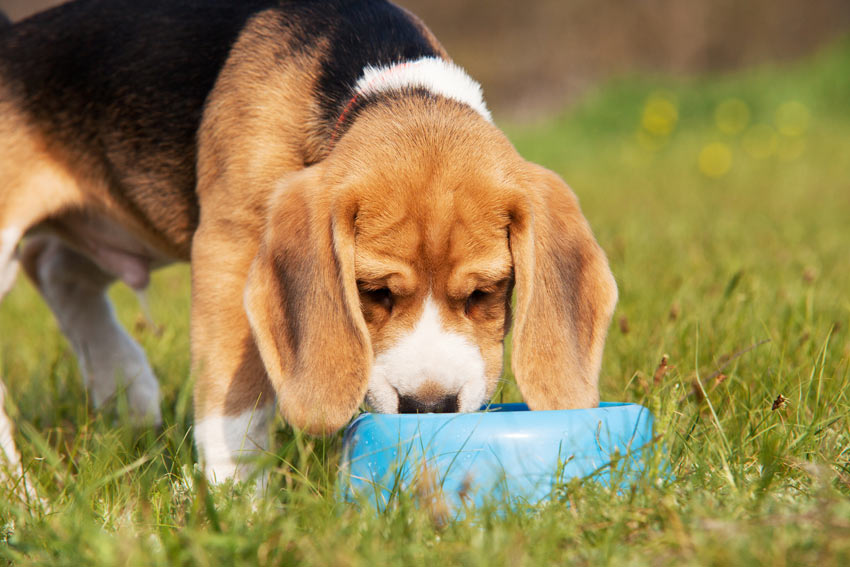To prevent your dog from getting poisoned, there are many prohibited foods that dogs can eat.
It’s well-known that pet owners often share certain delicacies at mealtime with their dogs, but you need to be aware that there are some foods you shouldn’t share with your dog.
Onion
You should never give your dog onion. Due to its allicin contents, it is potentially toxic for dogs. This will cause oxidative damage in your dog’s blood vessels, which can cause hemolytic anemia. But can dogs eat steamed broccoli?
You should not be concerned if your dog has accidentally eaten a small amount. The most severe damage to your dog’s health will result from continued ingestion.
Is your dog able to eat onions? It will tell you if your dog is experiencing vomiting, weakness, or changes in color in its mucus.
Tea, Coffee, and Chocolate
These wonderful pleasures can lead to intoxication. Dogs are prohibited from eating these foods. What are they in common? Methylxanthine is an alkaloid that acts on the central nervous system.
Caffeine, tea theophylline, and chocolate theobromine are all toxic substances.
They can damage the nervous system and also cause:
- Kidneys
- Cardiovascular system
- Smooth muscle
- Striated muscle
To give an idea of the dangers of this food, 100g of dark chocolate can cause death in a medium-sized dog.
Avocado
What delicious nachos are there with their guacamole? It is a fungicidal poison derived from fatty acid. It is not toxic to dogs, but it is still prohibited for dogs.
The toxin is primarily found in the bones and leaves, not the meat. It is best to avoid ingestion and to stop the dog from playing with the bones, as it could obstruct their esophagus.
The symptoms are similar to the rest. They include vomiting, diarrhea, and, in severe cases, pancreatitis.
Salt
Pet owners prefer to make homemade food for their pets, rather than buying them feed. This is because they use salt to prepare it without considering that it can be toxic for your dog.
Consumption of too much seasoning can cause dehydration in dogs, as well as aggravating renal or cardiac disease, and possibly even intoxication.
Grapes
It is a prohibited food for dogs which can cause kidney disease. The seeds contain a higher concentration of toxins, so it is better to keep the dog away from this food.
They are, in the end, like little children.
Bones
Who would have thought that cooked bone was one of the many prohibited dog foods? A dog loves a good bone.
Broken teeth can be caused by broken bones. However, older teeth can splinter easily and cause obstructions to the trachea, tears, and other internal injuries.
Raw, meaty bones are a good substitute for cooked bones. This pleasure is not going to be denied to your dog.
Mushrooms
We don’t need to make any distinctions, as even some mushrooms can be toxic to us.
Drooling, vomiting, and diarrhea are the most common symptoms. To prevent further damage, immediately take your dog’s mushrooms to your vet.
Yeast
You can’t go wrong with bread, cakes, and buns. These foods are all delicious but are prohibited for dogs to eat.
The yeast can spread to dogs’ stomachs and cause gastric and respiratory problems.
Sweets or Sugar
Because they can lead to obesity or even diabetes, sweets and sugar are generally prohibited foods. They can lead to long-term complications, such as vision loss, which could be dangerous for our dogs.
Milk, Ice Cream, or Cheese
Dogs don’t have the enzyme lactase that breaks down lactose.
This is why any one of these foods can cause severe diarrhea in your pet. The only milk that is recommended is the one their mother gives them.
Check other related articles here.



